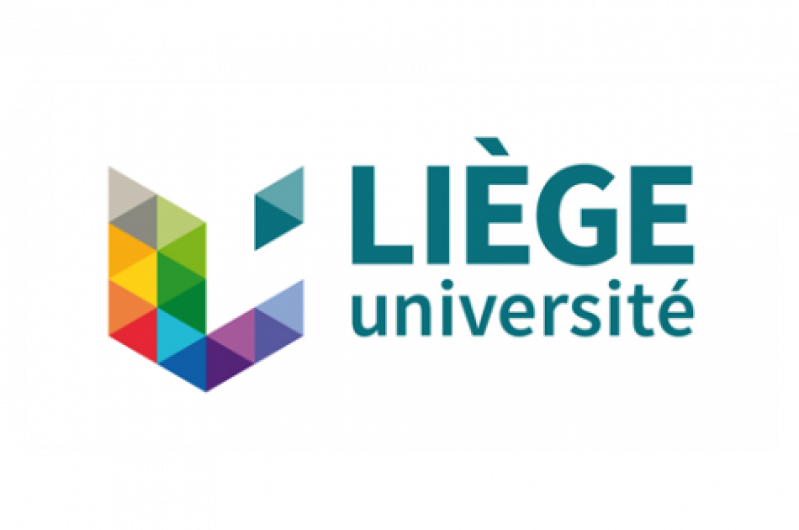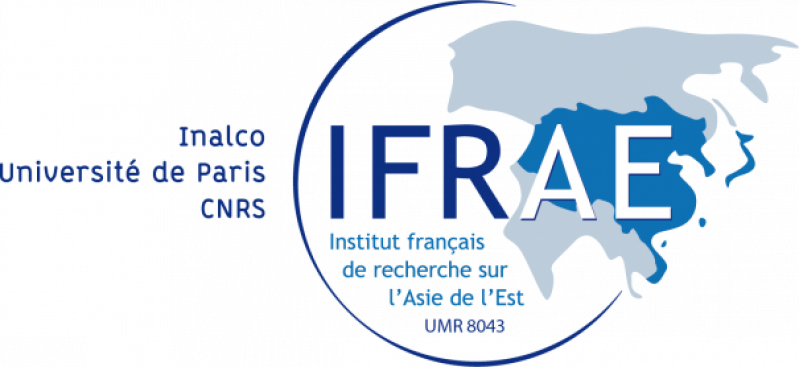The Covid19 pandemics: Global implications for the transformation of Chinese state capitalism

24.11.2021 - 24.11.2021
13:00-14:30 (Paris time)
Venue:
Online
EURICS in collaboration with the IFRAE (UMR 8043 – Inalco, University of Paris, CNRS) and the University of Liege (Faculty of Social Sciences, Faculty of Philosophy and Letters and Institute of Social Sciences Research).
Abstract
From domestic changes in public policies such as the increasing grip of the Party-state on real estate , “fintech” or platform economy tech giants to the strengthening of the Party’s penetration within private companies, do these turns in public policies alter the very nature of China’s political economy and State Capitalism? In which respect has the Covid19 pandemics shed light or even increased these changes? From global production chains to the issue of sustainability, what has been the impact of the pandemics on the relationship between China’s state capitalism and the functioning of capitalism at the global level?
Speakers:
Kellee Sing Tsai (Dean of Humanities and Social Science and Chair Professor of Social Science at The Hong Kong University of Science and Technology, and Research Professor at Johns Hopkins University)
Jean-François Huchet (Professor of Economics and President of the Inalco)
Chair and discussant: Julien Vercueil (Professor of Economics, Inalco)
Q&A
Register in advance for this webinar: here
After registering, you will receive a confirmation email containing information about joining the webinar.
Fifth seminar of the series China in a Time of Pandemics: Politics, Culture, and Society, organized under the scientific coordination of Eric Florence (University of Liège) and Sébastien Colin (EURICS and Inalco/IFRAE). Learn more...
Speakers’ biographies:
Jean-François Huchet is currently President of the University for Oriental Language and Civilization in Paris (INALCO). He was vice-president for research of INALCO from 2017 to 2019. He was director of the Centre for Asian Studies (ASIEs) at INALCO from 2014 to 2017. Between 2006 and 2011, he was director of the French Centre for Research on Contemporary China (CEFC) a French National Research Center (CNRS) research institute based in Hong Kong, and director of the Academic Journal "China Perspectives". He was based in Asia for 18 years and has occupied several academic positions as senior research fellow at the French Centre for Research on Contemporary China (CEFC) in Hong Kong between 1997 and 2001. He was also senior research fellow at the Maison franco-japonaise in Tokyo between 1993 and 1997 and PhD researcher at Beijing University from 1987 to 1991. He has received his PhD of economics from the University of Rennes (France) in 1993. His research and publications have focused on the role of the state in economic development in China and India and on the global consequences of China’s economic development. He has published numerous articles and books on the Chinese economy. His latest books and articles include: The Environmental Crisis in China (in French), Paris, Presses de SciencesPo, 2016 ; China and India in Central Asia, A new Great Game?, New York, Palgrave Macmillan, 2010, 254 pp. ; "Impact of 1989 on the Emergence of State and Authoritarian Capitalism in China ", in Jacques Rupnik and Christian Lequesne (eds.), 1989: Europe and the World transformed, London, Routledge, 2011.
Kellee S. Tsai joined The Hong Kong University of Science and Technology (HKUST) in 2013 as Head of the Division of Social Science, and was appointed Dean of the School of Humanities and Social Science in July 2018.
Before coming to HKUST, Professor Tsai served as Vice Dean of Humanities and Social Science (2010-2013), Director of the East Asian Studies Program (2008-10), and Professor of Political Science at Johns Hopkins University (2000-13).
Trained as a political scientist (PhD, Columbia University), Prof Tsai is the author or co-author of dozens of articles and five books, including Back-Alley Banking: Private Entrepreneurs in China (Cornell, 2002), Japan and China in the World Political Economy (co-edited with Saadia Pekkanen, Routledge, 2005), Capitalism without Democracy: The Private Sector in Contemporary China (Cornell, 2007) and State Capitalism, Institutional Adaptation, and the Chinese Miracle (co-edited with Barry Naughton, Cambridge, 2015). Her research on informal finance, local development, private entrepreneurship, and migration in China and India has been supported by competitive grants from the American Council of Learned Societies (ACLS), Committee on Scholarly Communication with China (CSCC), Ford Foundation, Fulbright-Hays, Harvard Academy for International and Area Studies, National Science Foundation (NSF), and Hong Kong SAR Research Grants Council (RGC).
Tsai previously worked at the New York offices of Morgan Stanley and Women’s World Banking, and has consulted for the World Bank’s Consultative Group to Assist the Poorest (CGAP), venture capital firms, and government subcontractors.
Julien Vercueil is professor of economics and vice-president in charge of socio-economic partnerships and valorization at the French National Institute for Oriental Languages and Civilization (Inalco) and member of the CREE research center (Europe-Eurasia Center of Research, Inalco). He holds a PhD in Economics from Nanterre University. His fields of research are evolutionary and institutionalist perspectives in economics applied to international economy, focusing on post-soviet and emerging economies, notably on Russia and the CIS. He has written several articles in scientific journals (the last one, written with Pascal Grouiez and Dmitry Volkov, published in 2021, is entitled "Beyond oil: the international integration of the Russian economy between macroeconomic constraints and sectoral dynamics", Post-Communist Economies, DOI: 10.1080/14631377.2020.1867462) and four books on emerging and post-soviet economies. His last book, published in 2019, is devoted to a political economy analysis of the Russian economic trajectory (in French). He is also scientific coordinator of the BRICs international seminar (CREE-Inalco) and member of the editorial board of the Régulation Review.


More information
http://www.eurics.eu/page_webinar-series